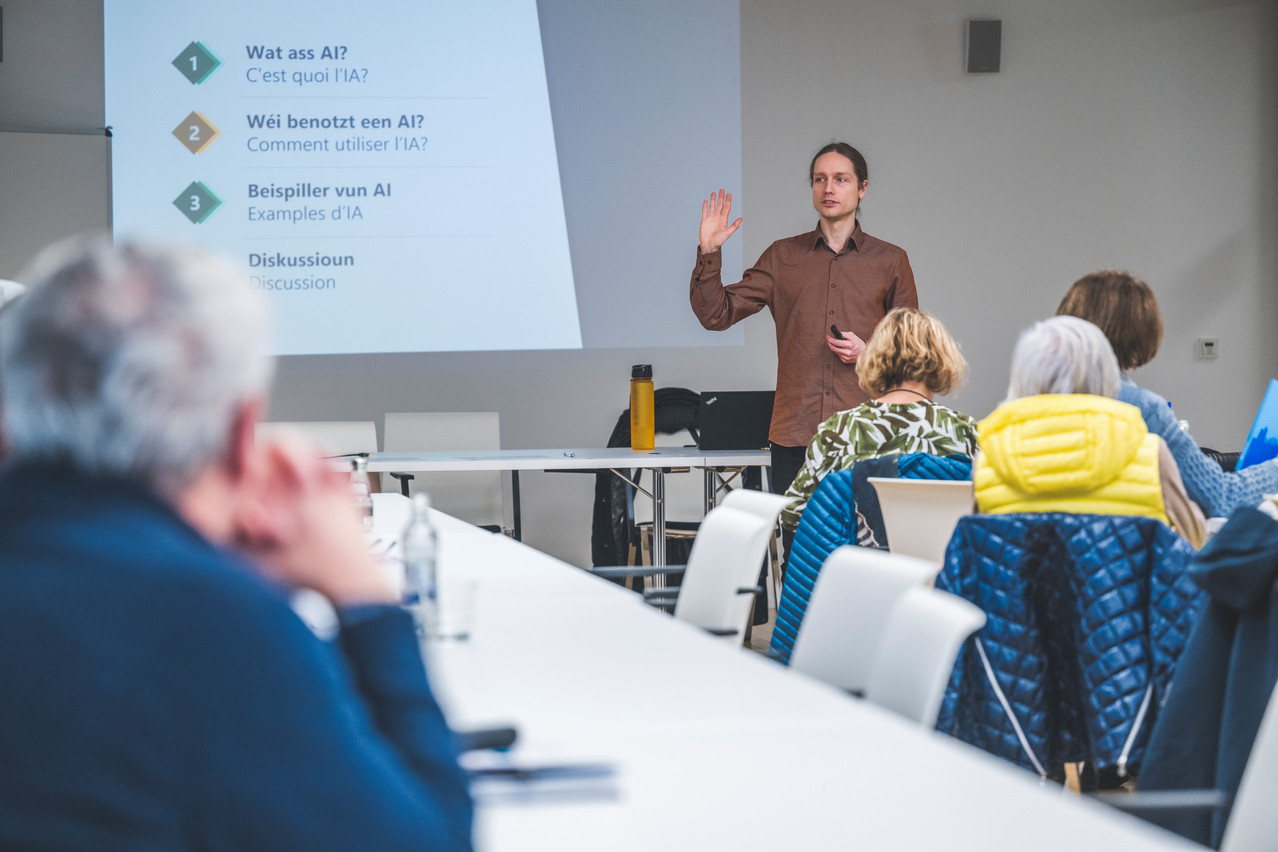Almost everyone can observe it in their own environment, but digital exclusion is becoming an increasingly systematic issue. As governments, banks and healthcare providers shift to digital-first services, millions of people--especially seniors--risk exclusion.
Whilst this makes it more difficult for seniors to maintain their previous lifestyles, the consequences extend beyond individuals. Businesses also face missed opportunities, reputation risks and a shrinking customer base if they fail to address digital accessibility.
By 2036, nearly 20m baby boomers in Germany will retire (IW, 2024). Whilst their departure will create a labor shortage, they represent the wealthiest generation with significant purchasing power. Contrary to the belief that older people use less technology, they are becoming increasingly active online.
Even though the percentage of baby boomers catching up with other age groups is increasing, the gap in digital literacy remains, especially as developments in AI, disinformation and virtual reality continue to evolve rapidly.
, a non-profit organisation dedicated to preventing social isolation through continuing education for individuals aged 55 and older, believes that bridging the digital divide is key to fostering an inclusive, resilient society. Their vision is a society where everyone, has digital access and inclusion, regardless of age. How can we get there?
Turning a challenge into an opportunity
Goldenme was founded in 2018 to combat loneliness and social exclusion among seniors. The pandemic highlighted the need for more than just social activities--seniors required digital skills to stay independent and connected.
Today, the organisation empowers them with essential tools, from personalised support (Smartcafé) to secure online behaviour (Smarttalks). Through collaboration with businesses, volunteers and communities, Goldenme strives to come closer to our goal of a digital inclusive society.
Digital inclusion: a social responsibility and a business case?
Why should businesses care? Because supporting digital inclusion is not just a social responsibility--it’s also a strategic move.
1. Future-proofing the market
The global senior market is growing rapidly. By 2050, over 2bn people will be aged 60+. Businesses that prioritise digital accessibility today are actively investing in their future customers.
2. Stronger employee engagement and CSR impact
Companies that offer employees meaningful volunteering opportunities see higher retention rates and stronger brand loyalty.
Goldenme’s Digital Mentors programme enables professionals--especially those transitioning into retirement--to apply their expertise in a rewarding way by helping others develop digital skills.
Complementary to that, the Goldenvolunteers programme allows young professionals to share their expertise during Smartcafés, supporting seniors with their questions.
As we find ourselves in a turning era of the digital century, our efforts to make the digital space accessible for all do count. We are happy to hear from you, if you want to contribute to this movement.
For more information, contact or visit .
This promotional article was written by Goldenme as part of the company’s membership with the Paperjam Club. If you wish to become a member of the Club, contact us at .
